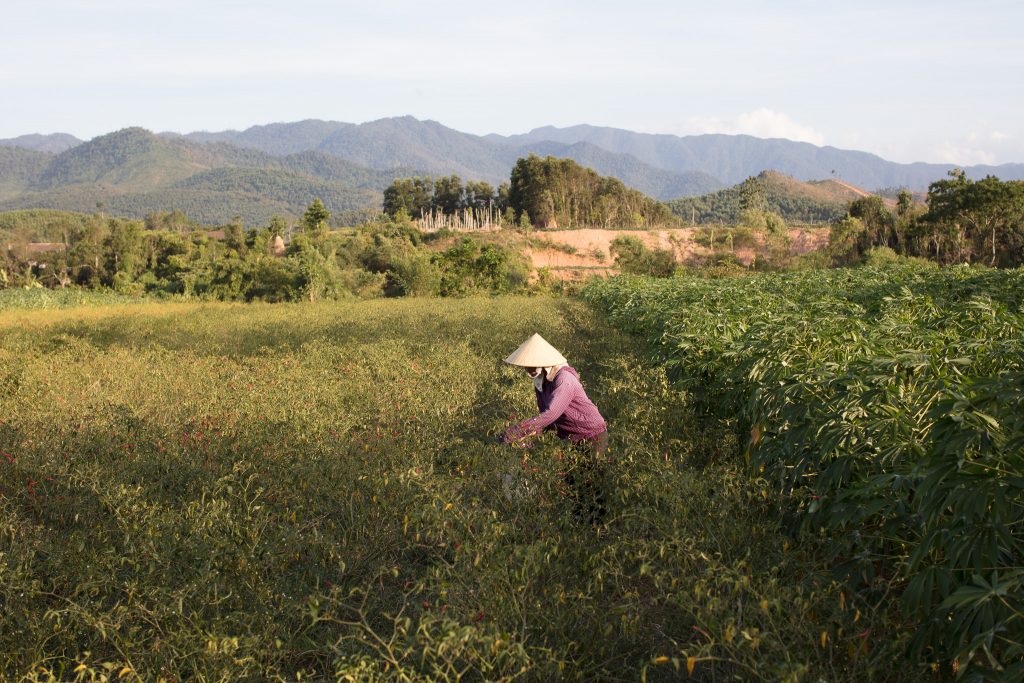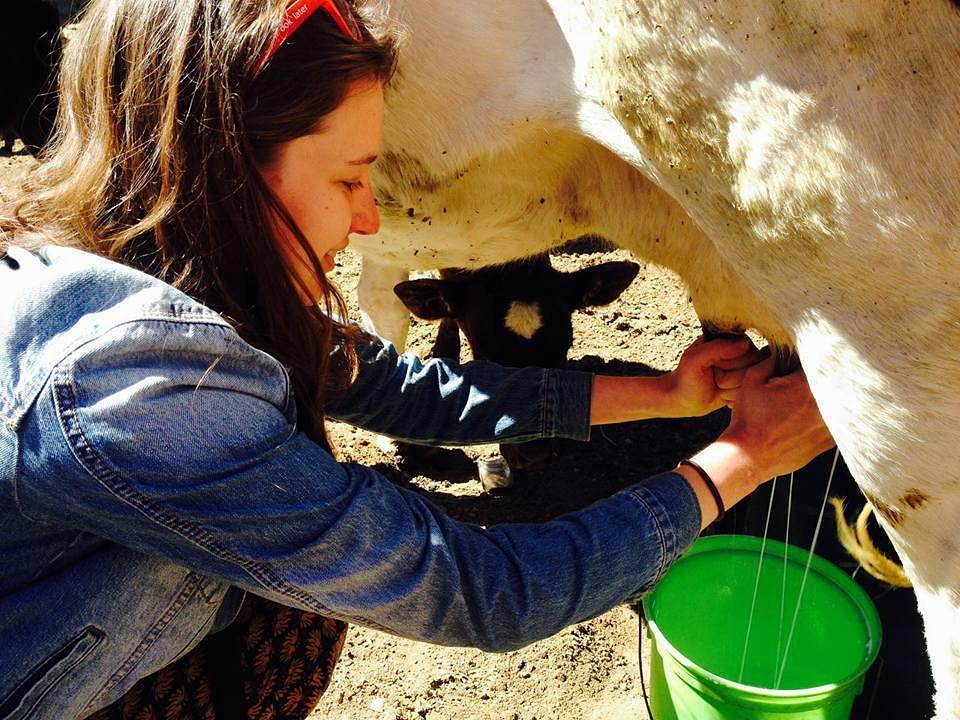Environment and biodiversity
Author: Rachel Antoni
Reading time: 4 minutes
The year 2015 marks a turning point for the United Nations. It was the adoption of the 2030 Agenda for Sustainable Development. This program includes 17 goals aimed at improving the current global situation. In 2022, on the occasion of World Tourism Day, United Nations Secretary General António Guterres specified: “As an engine for sustainable development, tourism promotes education and the emancipation of women and young people, while stimulating socio-economic and cultural development. It plays an essential role in social protection systems, which are the foundations of resilient and prosperous societies”. Agrotourism, a rapidly expanding sector particularly in the wake of the pandemic, fits perfectly into this program and this vision of tourism, contributing to the various objectives set by the UN program.
What is agrotourism?
“Agrotourism”, also known as “agritourism”, is a form of tourism that promotes the development of rural environments. It’s an alternative form of tourism that creates experiences in agricultural settings, sharing the history, gastronomy, and know-how of the area. According to the UN, it increases agricultural productivity by promoting the production, use and sale of local products in tourist destinations, as well as their full integration into the tourism value chain.
This type of tourism seems to have originated in Italy in the 19th century when the bourgeoisie and the aristocracy of the city spent their vacations in the countryside. In the 20th century, agri-tourism gained in popularity and developed on a much larger scale, as part of a drive to enhance and revitalize rural areas. Numerous networks were created, such as “Bienvenue à la ferme” in France and the “Association de l’agrotourisme et du tourisme gourmand” (AATGQ) in Quebec.
Agrotourism can take many forms: green tourism, agricultural tourism, wine tourism, rural tourism, agro-education and alternative agriculture. In short, for an activity to be considered “agrotourism”, there needs to be a real blend between the tourist experience and the agricultural industry. The great advantage of this form of tourism is the economic aspect, as it increases farm income by developing a complementary activity, and the cultural aspect, as it offers educational or entertainment activities that perpetuate traditions often considered a real asset of the local heritage.
Farmers and producers take advantage of these visits to promote and sell their products. For example, this could involve an activity presenting the production chain of a local wine, or a tasting of the final product, or even the picking of seasonal fruit. The aim is not only to pass on unique know-how, but also to generate sales and win potential new customers.
In this way, agrotourism – and tourism more broadly – is a sector that contributes to the various Sustainable Development Goals and acts for local development at different scales. If you’d like to find out more, please visit the World Tourism Organization (UNWTO) page.

Agrotourism and economy
Tourism plays a major role in the economies of most of the world’s countries. According to the World Tourism Organization (UNWTO), destinations worldwide recorded nearly 117 million international arrivals in the first half of 2022. Many countries depend on this sector, particularly islands such as the Maldives and Seychelles, where tourism accounted for almost 30% of their GDP before the pandemic. In 2019, tourism accounted for almost 10.4% of global GDP and generated many jobs: in 2015, 1 in 11 jobs worldwide was linked to the tourism sector, according to the UN. In Canada, in 2018, 1 in 10 jobs was linked to tourism.
With the pandemic, more consumers became interested in the sustainability of their practices and choices, and travelers found themselves unable to go abroad. Agrotourism, on the other hand, represented a hope for the economic recovery of countries, introducing travelers to a more local form of tourism. From then on, traveling within one’s own country, one’s own province, and visiting agricultural activities became a new solution for many. According to the “Association de l’Agrotourisme et du tourisme gourmand au Québec”, agri-tourism organizations welcomed a total of 3.9 million people in 2021. Over this same year, this activity generated an average of $283,000 for this sector, which represented around 41% of their sales. In fact, in 2021, on average, Quebec farm establishments practicing this form of tourism received 11,140 visitors. The travelers were mainly Quebecers or Canadians.
Tourism, and agri-tourism, contributes to poverty reduction by creating new jobs and promoting economic growth and development at various levels.

Why practice agritourism?
Agrotourism contributes to the economic development of local communities. It offers a unique experience at the heart of local practices, while preserving the local heritage. There’s no better way to understand a culture than through agrotourism: it’s a true immersion. This practice is as beneficial for the host as it is for the traveler. The host can develop economically by practicing a circular economy, while the traveler can learn more about the country through its agriculture.
Whether you want to travel to Costa Rica, Benin, or France; whether you’re a coffee, cocoa or wine lover, or simply want to discover a local ecosystem, green tourism is for you!
Become an agent of change and contribute to sustainable development by generating positive economic and environmental spin-offs. Agrotourism can help you reconnect with the land and understand both the strength and fragility of nature. It also enables farmers to share their work with pride, and to introduce visitors to new ways of eating.
Remember, whether it’s agrotourism or eco-tourism, whatever type of tourism you practice, it must be carried out in a sustainable and responsible way. If you’d like to find out more about how to travel sustainably, we invite you to read our charter!

Subscribe to the travel newsletter from our collaborative booking platform Vaolo to find out what’s new, follow our explorers and receive tips for more conscious travel.
The use of the masculine gender has been adopted for ease of reading and has no discriminatory intent.
© 2026 All rights reserved. Village Monde.
By continuing to use the site, you agree to our privacy and cookie policy
I accept